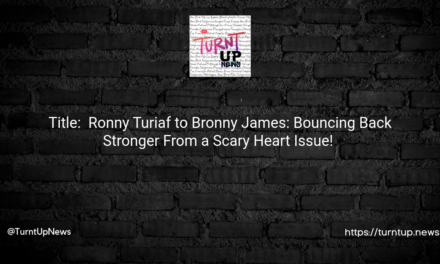FAMU Locker Room Rap-tastrophe: When Football Meets Bars 🎤🏈
TL;DR: Florida A&M University football players temporarily banned from team facilities after a rap video is filmed in their locker room. Players filmed in unauthorized video, coach seeks answers. 🚫🎥
In a turn of events that’s less Friday Night Lights and more MTV Cribs, Florida A&M University (FAMU) Rattlers found themselves at the center of some… unconventional off-field drama.
Imagine being the star of your college football team one day and then, whoops, you’re temporarily banned from your team’s facilities because of a rap video. Yeah, it sounds bizarre. Yet, it’s exactly what went down in the Rattler’s locker room.
The controversy unfurled after a rap video surfaced on social media showcasing the locker room as its star-studded backdrop. So, what’s the big deal about a little freestyle rap session among friends? Well, it seems the production didn’t exactly get the green light 🚦 from university authorities.
Coach Willie Simmons, perhaps not the biggest fan of unsanctioned locker room rap sessions, expressed his concerns to media over the weekend. While the primary facilities have been declared off-limits for now, Simmons clarified that players requiring medical attention will still have access.
The burning question 🔥: Which players took part in this renegade rap production? Coach Simmons aims to get to the bottom of it with scheduled meetings with the featured players. Is more drama on the horizon? Possibly. Depending on what these discussions uncover, further penalties could be on the table.
Oh, and guess who’s rapping in the video? Real Boston Richey, a Tallahassee native who just so happens to have performed at FAMU’s homecoming game. Coincidence? 🤔
To be clear, Coach Simmons isn’t exactly anti-rap. In fact, he supports free speech and diverse musical expressions. However, he emphasized the team’s responsibility to uphold the image of the university. And while FAMU has its core values and principles, it seems the graphic language of the video didn’t exactly sing in harmony with them 🎶❌. To add to the mix, the video might have violated branding and licensing agreements. Oops.
Bringing it back to real life, how would you feel if your personal or work space was used without permission for a, let’s say, different purpose than intended? 🤷♀️ Would you brush it off, or demand some answers?
End Note:
What do you think: an innocent lapse in judgment or a premeditated act of defiance? And where do we draw the line between creativity and responsibility? 🎤🤔
Disclaimer: This article does not intend to provide advice on branding, licensing, or music production. It’s purely for informational purposes.





